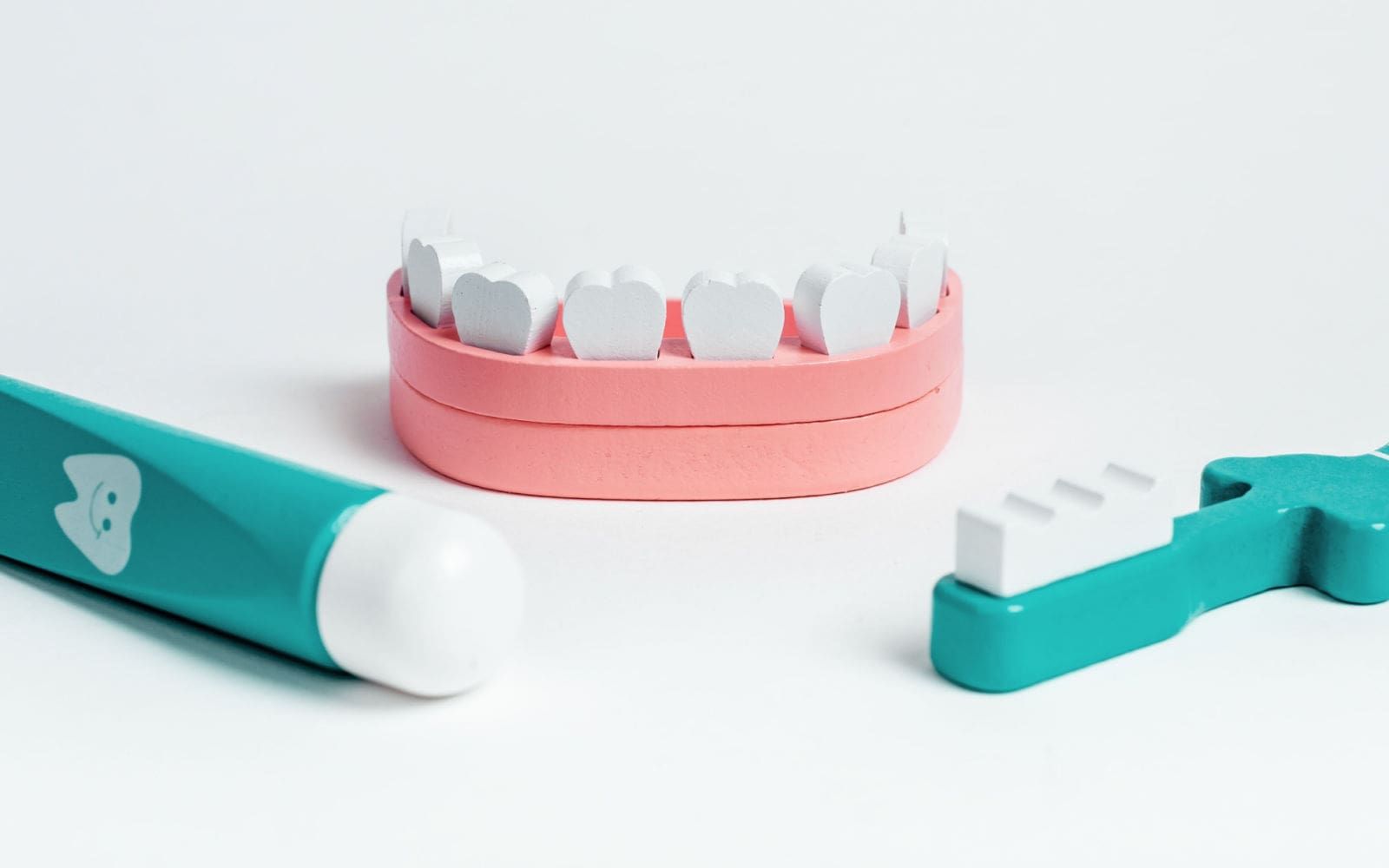What Causes Gum Disease in Children?

When people think about their oral health, teeth are the first to come to mind. Your child’s teeth are an essential part of their oral health, but their gums are essential too! Your child’s gums help support their teeth, hold them in place throughout their life, and serve as a protective tissue for avoiding harmful bacteria.
However, gum disease can develop if their gums aren’t given the tender love and care they need. Many pediatric dentists can treat the early warning signs of gum disease. Here’s everything you should know about gum disease, how it affects children, and what you can do about it.
How Does Gum Disease Develop in Children?
Gum disease is an infection in the gum tissue that supports the teeth. Even children can get gum disease early on in their lives, as bacteria cause it from food particles mixing with salvia and mucus to form plaque. The plaque holds the bacteria in place along the enamel, and over time, the plaque can reach underneath the gumline, causing the bacteria to spread into the gums.
The earliest signs of gum disease are called gingivitis. As a mild form of this condition, gingivitis causes the gums to become inflamed and sensitive. It’s considered a mild form of this infection because it doesn’t impact the gums’ ability to support the teeth. In children, it can lead to more severe, permanent damage to their smile if not treated early.
Gingivitis can quickly progress to periodontal disease, causing the gums to pull away from the sockets and leave spaces between the teeth. Over time, it destroys the connective tissues and bones and can eventually cause the teeth to fall out if not treated.
Children can have a higher risk of gum disease due to their still-developing immune systems. In children, gum disease can be caused by many factors, including:
- Poor Oral Hygiene: One of the largest causes of gum disease in children and adults is poor oral hygiene, as the plaque can quickly progress into tartar when not removed with brushing and flossing.
- Teeth Clenching: Also called bruxism, this condition can damage the teeth over time, creating recessions in the teeth that allow bacteria to collect.
- Hormonal Changes: Children and teenagers undergoing hormonal changes or experiencing hormonal conditions can be more susceptible to gum disease, as the hormones can affect blood circulation and increase gum sensitivity.
- Mouth Breathing: Mouth breathing, typically caused by misaligned teeth or other mouth problems, can increase the risk of gingivitis by introducing more bacteria into the mouth.
- Medications: Some medications can cause dry mouth in children, preventing saliva from washing away the bacteria over time and leading to problems with the gums.
- Illnesses and Conditions: Children with autoimmune diseases or diabetes often have a higher risk of developing gum disease early on than others.
Learn About Options For Gum Disease Treatment Through Your Pediatric Dentist
By getting your child’s teeth professionally cleaned at your pediatric dentist’s office and maintaining a healthcare routine, you can keep your child’s teeth healthy for life. Contact your pediatric dentist for more information about gum disease and see what treatments are best for you and your family.

